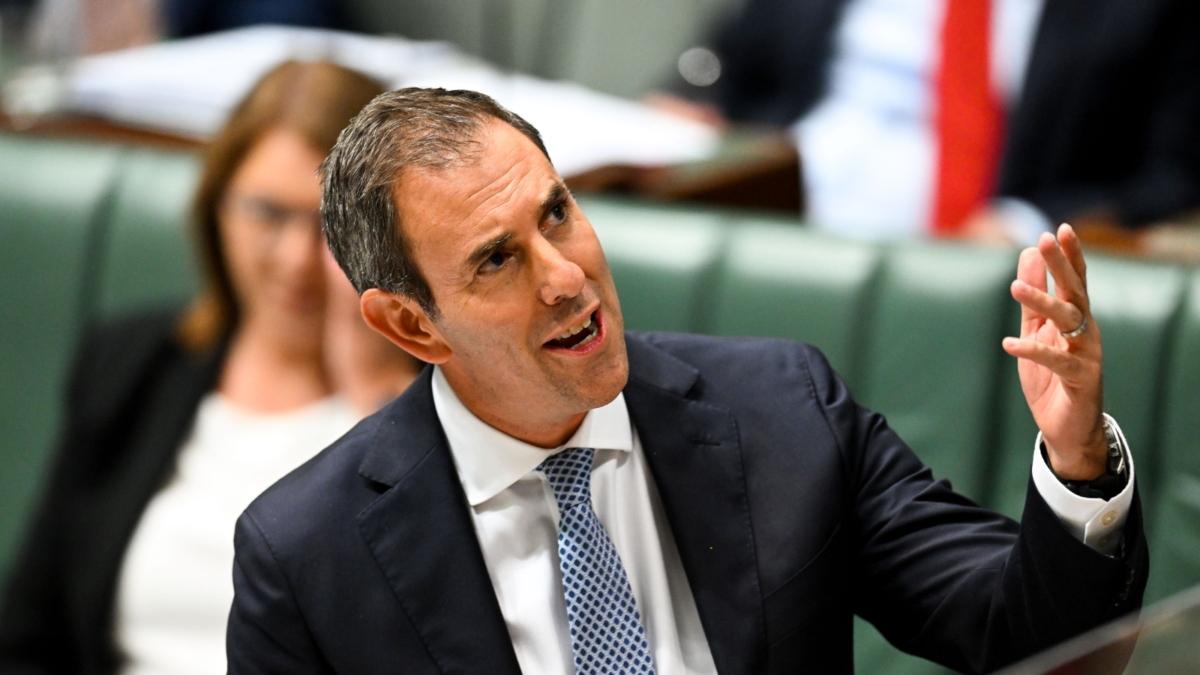High praise for iPartners in debt
Evergreen Ratings has singled out the iPartners for wholesale investors for providing ‘appropriate’ liquidity in an inherently illiquid private debt market.
In its latest ratings for the burgeoning private debt asset class, where non-institutional products are starting to take hold for smaller investors, the new ratings service which concentrates on alternatives offerings for wholesale, has given the iPartners Investment Fund (IIF) a ‘commended’ rating.
Angela Ashton, founder and chief executive of Evergreen, said last week (June 16) that the private debt market was increasingly diverse and growing rapidly. The research firm believes there are three themes that distinguish the best managers in the sector:
- They like the assets they are lending against – understanding the underlying market dynamics that the borrower operates in and ideally growing or refinancing debt participation in line with borrower growth
- They lend where the money is genuinely needed – identify where regulation (namely, bank disintermediation) and other impediments have diminished credit availability. “The most attractive risk-adjusted returns are likely found where these forces are most extreme, and the supply and demand of capital are unbalanced,” Ashton said, and
- They focus on different borrower characteristics than many others. For instance, the easier it is to scale, the less attractive it is likely to be. “Institutional investor demand is often heavily influenced by visibility and those debt managers seeking such investor flow often target a private debt opportunity set that focuses on ideas that are simple to raise capital, meaning they tend to crowd toward similar opportunities,” she said.
iPartners is one of the largest non-institutional private debt managers in Australia and the only one that Evergreen can see with a structure which “(appropriately) provides liquidity to an inherently illiquid asset class”.
The firm has about $650 million under management across the iPartners platform, although the IIF has only $13.7 million (as of March). It was launched in 2017 by two investment bankers, Travis Miller and Rob Nankivell, who are both managing directors.
The IIF is almost an absolute return fund with its asset allocation. The manager is able to invest from zero to 40 per cent in each of three types of instruments: asset-backed securities (ABS), commercial real estate (CRE), and corporate debt. ABS are secured against a portfolio of loans and/or receivables, CRE against property and corporate debt against cashflows.
Evergreen says: “ABS is the manager’s specialty, with CRE and corporate debt investments undertaken on a co-investment basis with select Australian-domiciled private debt managers all of which are considered best-of-breed in their respective private lending sub-categories.”











